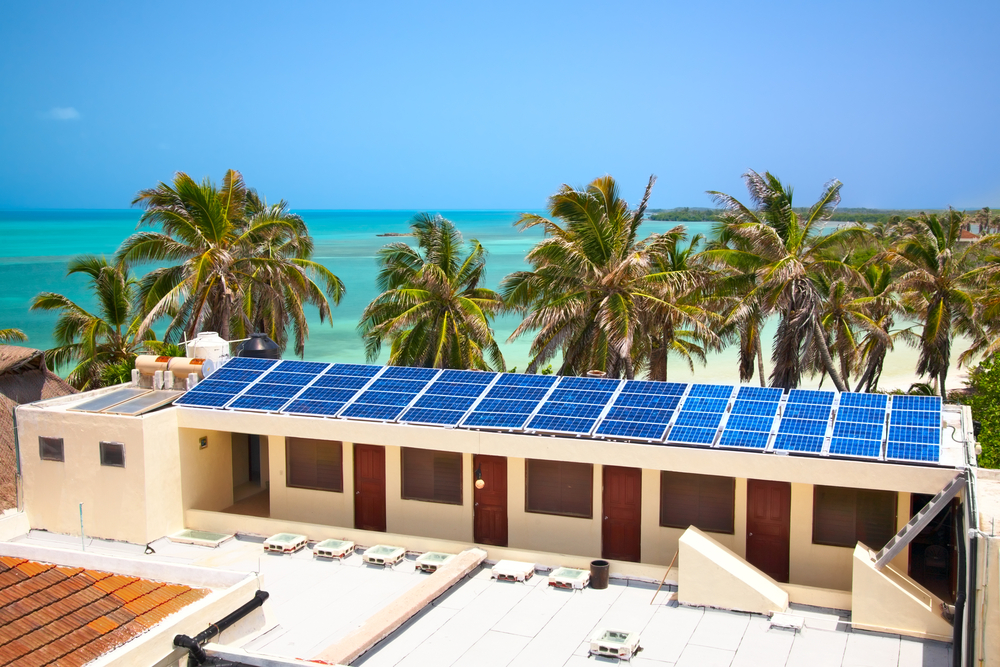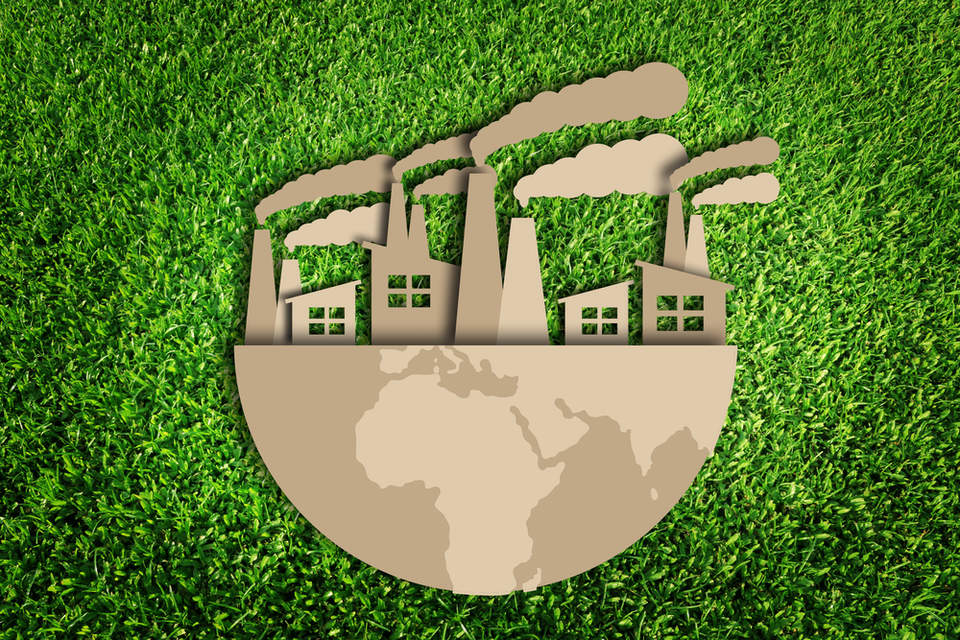The use of sustainable systems and construction materials is gaining momentum over the last few years. Among these, natural stone is recognized for its good mechanical properties, availability, long lasting life and attractive varieties. For a natural stone system to be sustainable, it has to be optimized for using natural resources and raw materials, minimizing the energy waste during production or implementing new, energy-efficient materials based on natural stone.
Advantages of Natural Stone
Natural stone is a perfect renewing resource. Although it can be depleted, with responsible management it is a resource that lasts indefinitely. It has the lowest level of consumption with respect to natural resources. In addition, it is a construction material with the longest useful life. Also, during the production process, water is used in closed cycles at different stages, so very little is wasted. Finally, the total energy consumption in processing is lower than for most other construction materials, between 0.2 and 0.3 MJ/Kg

Eco-friendly Treatment
One of key parts of the natural stone production process is using computerized systems for organic consolidation and reinforcement. By using water based or epoxy resin consolidants, the stone is protected from the effect of volatile organic components (VOC). These treatments also reduce the amount of subproducts by minimizing breakages and waste in the process.
Cutting Solutions
The optimal productivity can be achieved by introducing fast-cutting systems that reduce dust emission, as well as the amount of waste. Along the increased productivity, another benefit of the sustainable cutting process is that it uses less energy.
New Stone Products
The use of new processes and technologies paved the way for inventive natural stone products which combine the natural properties of stone and the latest technology. These smart-stones have better durability, self-cleaning properties and increased thermal energy storage capacity. Imagine natural stone that is highly resistant to atmospheric pollution, acid rains, dust, bacteria and graffiti. According to Sydney-based suppliers of pavers, its thermal energy storage capacity will reduce the use of heating systems.

Sustainable Production Value
With the introduction of sustainable production systems, the natural stone market will surely become more competitive, with increased value and the room for improvement. As the technology is concerned, eco-friendly production systems will take advantage of innovative materials and clean technologies that will draw positive attention to the natural stone industry.
Human Aspect
By shifting to natural materials, our life quality and comfort will increase in more than one way. For example, by combining floor heating and natural stone tiles that have good heat retention value, the temperature fluctuations between day and night will be reduced, along with the lower heating bills. What is more, the wide variety of stone products create virtually endless possibilities for interior design applications.
Sustainability as a Key to Modernization
Apart from its economic, aesthetic and environmental benefits, sustainable natural stone systems will undoubtedly trigger the modernization race among the main competitors. By developing innovative engineering procedures that rely heavily on nanotechnology, multifunctional products and intelligent materials, natural stone is surely to remain the prime sustainable material for years to come.
The sustainable natural stone industry is relying on energy-efficient production processes, application of non-toxic treating methods, engineered stone materials and the recognition of natural stone as the oldest and most rewarding building resource.






